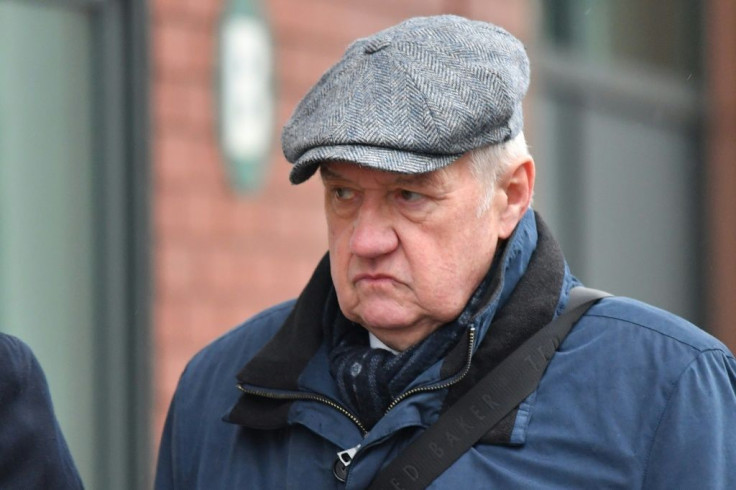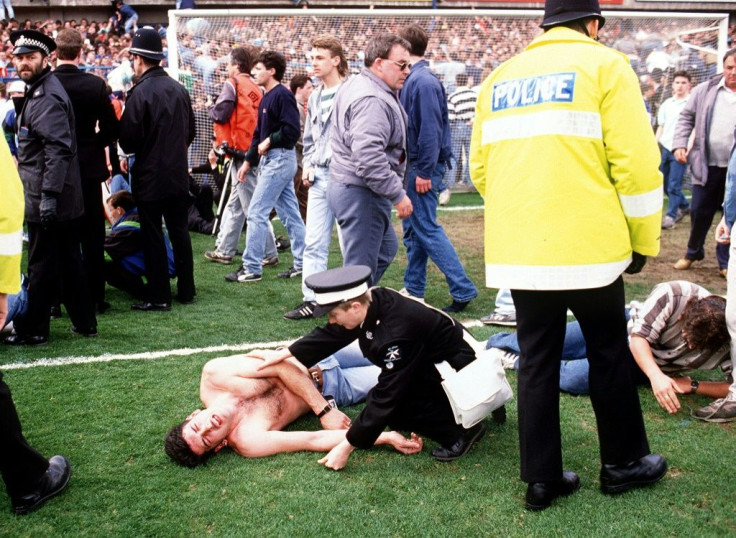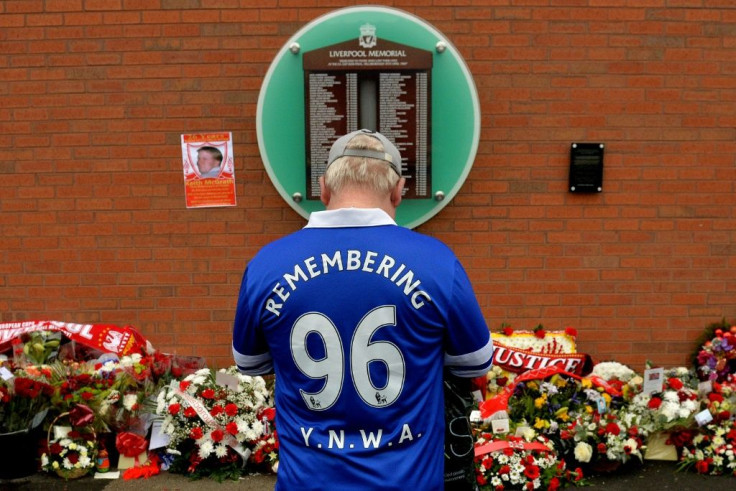Hillsborough Disaster Commander Cleared Of Manslaughter

The police commander at the Hillsborough football stadium disaster was on Thursday found not guilty of gross negligence manslaughter over the deaths of 95 Liverpool fans crushed on the terraces.
The victims' families fought a decades-long campaign to see David Duckenfield prosecuted over the 1989 disaster -- Britain's worst sporting tragedy with an eventual death toll of 96.
But the 75-year-old retired chief superintendent was cleared by a jury following a six-week trial at Preston Crown Court in northwest England.
Some in the public gallery gasped as the jury foreman returned the verdict.
The tragedy happened on April 15, 1989 at the FA Cup semi-final between Liverpool and Nottingham Forest, held at the neutral venue of Sheffield Wednesday's Hillsborough ground.
The 96 Liverpool fans were crushed to death on the standing terrace at the Leppings Lane end of the stadium.

Under the law at the time, Duckenfield was not charged over the death of one victim who died almost four years later.
A coroner's inquest found in 2016 that the victims were unlawfully killed, after hearing two years of evidence.
The inquest's jury concluded that policing decisions "caused or contributed" to the deaths, and amounted to "gross negligence".

Speaking outside court on Thursday, Jenni Hicks, whose teenage daughters Sarah and Vicki died in the crush, said: "We have got to live the rest of our lives knowing our loved ones were unlawfully killed and nobody will be accountable for that unlawful killing. That can't be right."

Margaret Aspinall, whose 18-year-old son James was killed, told a press conference in Liverpool: "I blame a system that's so morally wrong within this country, that's a disgrace to this nation.
"Ninety-six were unlawfully killed and yet not one person is accountable.
"Who put the 96 in their graves? Who is accountable for 96 unlawfully killed? What a disgrace this has been today and what a shame on this country of ours."
Sue Hemming, from the Crown Prosecution Service state prosecutors which brought the case against Duckenfield, said: "The disaster at Hillsborough 30 years ago has caused unimaginable suffering.
"The not guilty verdict today does not affect or alter the inquest jury's findings of unlawful killing or their conclusion that Liverpool fans were in no way responsible for the 96 deaths that resulted."
Shortly before kick-off, Duckenfield ordered the opening of exit gates at the Leppings Lane end after the area outside the ground became dangerously overcrowded with fans, the trial heard.
That enabled 2,000 fans to surge through, with many heading directly into the tunnel leading to the central terracing pens, where the crush happened.
Duckenfield did not give evidence in the trial because, the court heard, he was suffering from post-traumatic stress disorder.
Duckenfield's lawyer Ian Lewis said: "David is of course relieved that the jury has found him not guilty, however his thoughts and sympathies remain with the families of those who lost their loved ones."
The response to Hillsborough dramatically changed the experience of attending top-flight football matches in England. All-seater stadiums were made mandatory in the 1990s.
© Copyright AFP {{Year}}. All rights reserved.





















